6 stupidly expensive vintage synths and 6 bargain alternatives you can actually afford
In a quest to save you cash, we've rounded up six prestige synthesizers and six more affordable replacements to buy instead
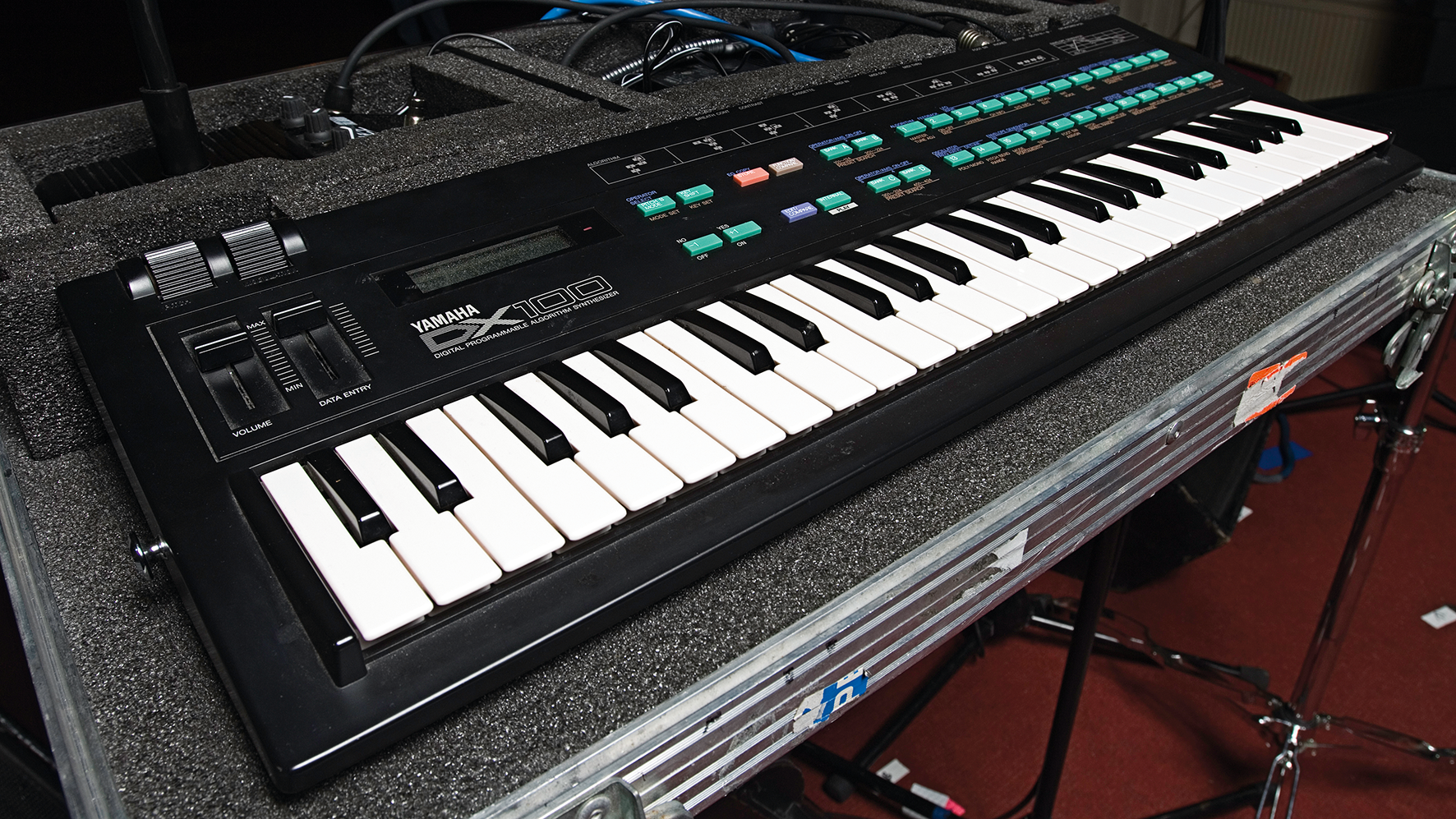
Want all the hottest music and gear news, reviews, deals, features and more, direct to your inbox? Sign up here.
You are now subscribed
Your newsletter sign-up was successful
Second-hand synths can cost an absolute fortune, with some particularly rare models commanding high six-figure sums. However, there are still bargains to be had, if you know where to look. Here are six of the best...
1. What you can't afford: Roland TB-303
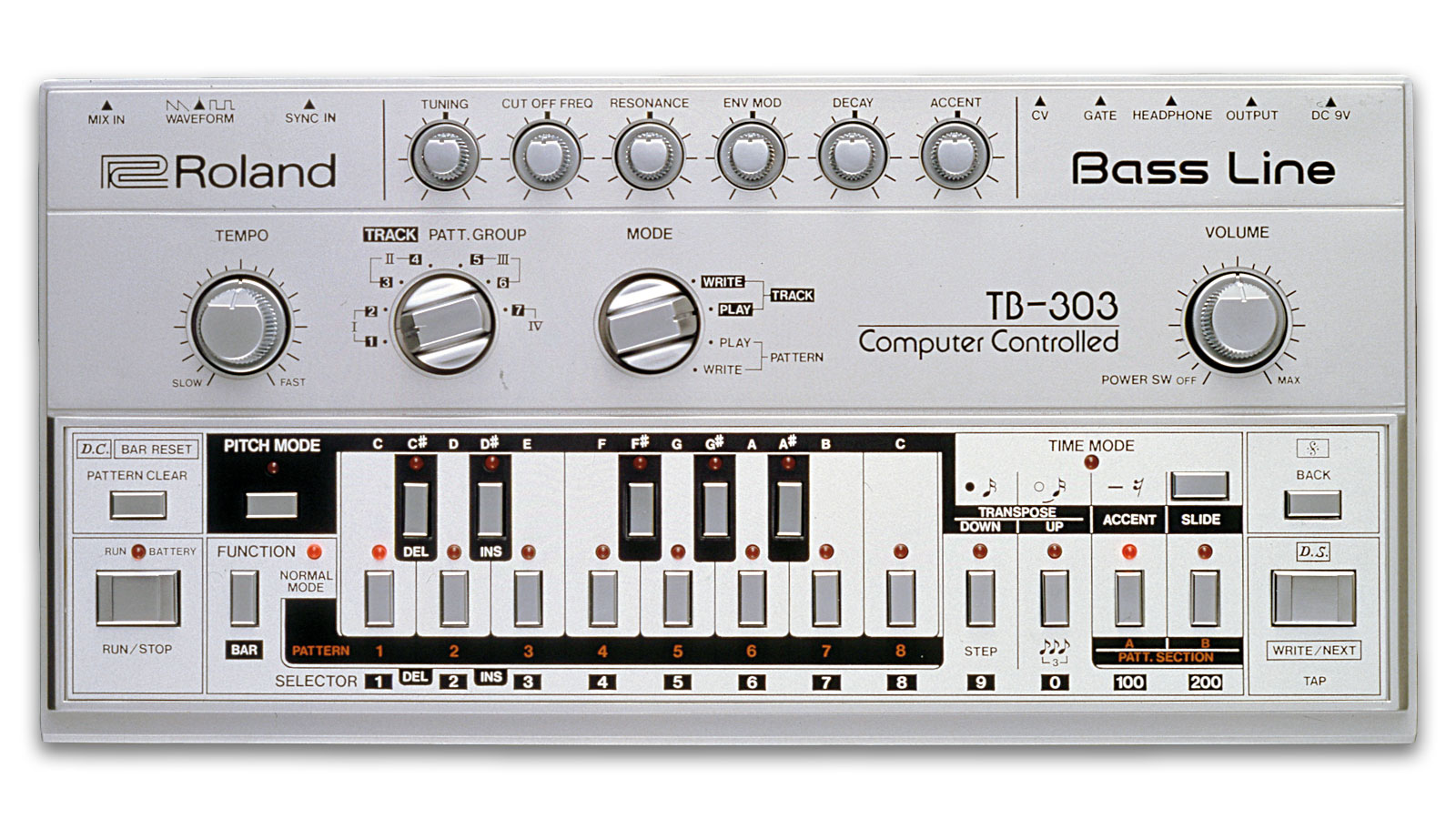
What you can: An original Novation Bass Station
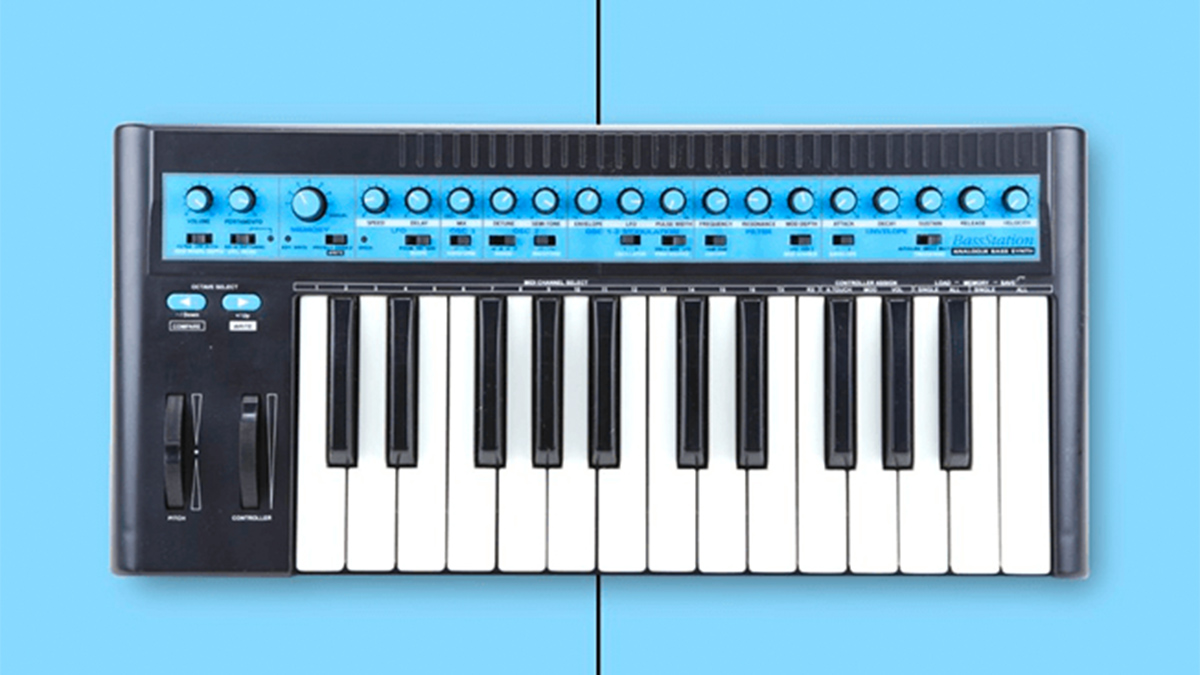
You don’t need us to tell you how important the Roland TB-303 Bass Line was, and is. It helped define and launch dance music at the end of the ’80s, largely down to a rejection of its intended use as a bass accompaniment tool. This success has seen prices of the original top £3000 – only 10,000 were originally made.
Fear not, though, as there are many copies and remakes, like Roland’s Boutique TB-03. But perhaps the best clone and still a great second-hand bargain, is the Novation Bass Station, an instrument designed to purely emulate the 303 when it started to get pricey during the 1990s.
Novation’s version was the cheap, UK alternative and sounds remarkably 303-like. Plus you can get an original Bass Station for £200 or less, or a rack version (for even more presets!).
2. What you can't afford: Yamaha CS-80
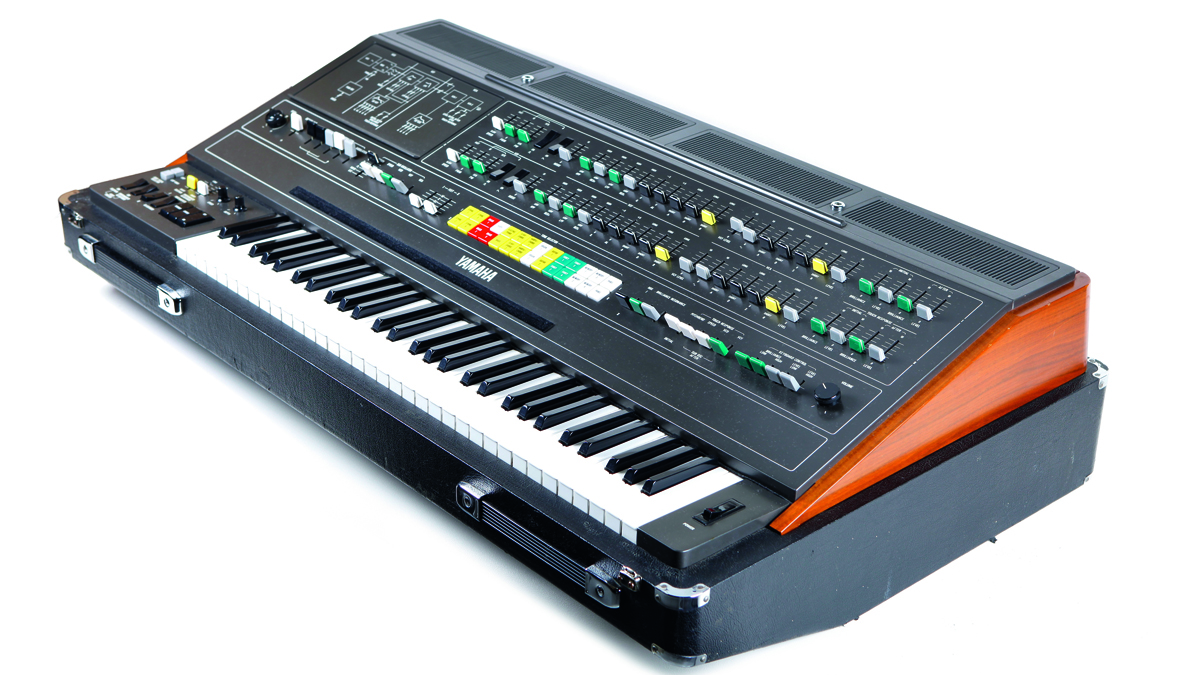
What you can: Yamaha Reface CS or classic SY synth

So rare is the original Yamaha CS-80 that you might pay £50k+ for this particular classic synth. And what you’d get is a particularly cumbersome synth whose characteristic sound can actually be found in a lot of other instruments.
Yamaha have always realised what the CS-80 was all about – yes, essentially it’s that Blade Runner sound – so have often shoe-horned that lovely pad sound into other synths since the original’s release in the late ’70s.
Yamaha’s Reface CS does a surprisingly good job for something so compact and can still be bought new (for around £300). Much older and often cheaper, the company’s SY range of synths can go all out on the CS-80 tip without even trying. Amazingly, these synths can be picked up for as little as £150.
Want all the hottest music and gear news, reviews, deals, features and more, direct to your inbox? Sign up here.
3. What you can't afford: Roland D-50
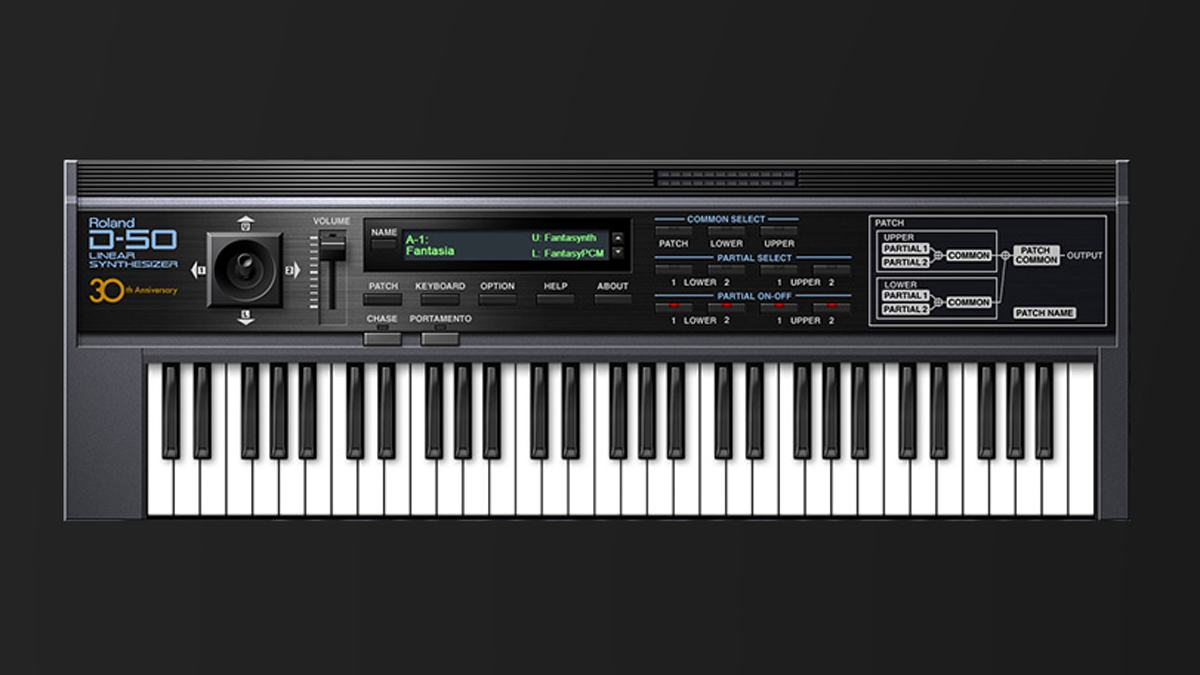
What you can: Any Roland D-range synth since
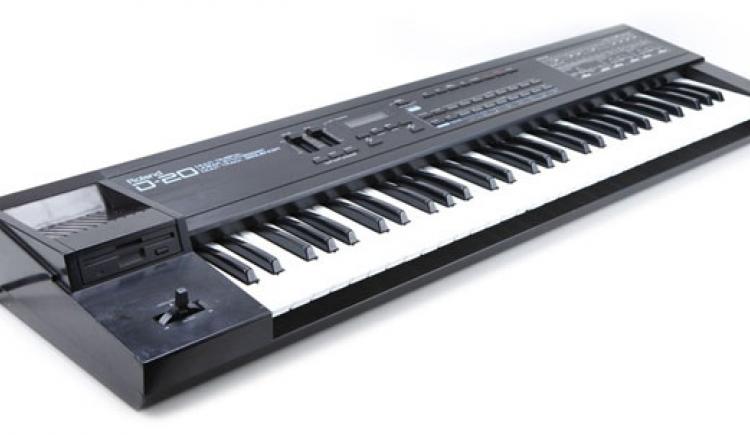
With sales of well into six figures, the original 1987 Roland D-50 is one of the most successful synths of all time. With so many in existence, you’d think its secondhand value would be low, but far from it: its current secondhand price starts at £500. Roland’s more recent D-05 ‘re-imagining’ is the obvious alternative but has enjoyed a limited run release so prices for that are soaring too.
But fear not! There were several follow ups that cashed in on the D-50’s success and these are where you can get its characteristic 1980s LA (Linear Arithmetic, not Los Angeles) sound for much less.
The MT-32 is essentially a cut down D-50 in a box and Rolands D-5, D-110, D-10 and D-20 are that but on steroids – the D-20 is an especially good alternative as it’s effectively a D-50 workstation and will likely set you back less than £300. That’s a whole lot of D-50 for considerably less cash.
4. What you can't afford: Yamaha DX7

What you can: Several other DX synths, or even a TX
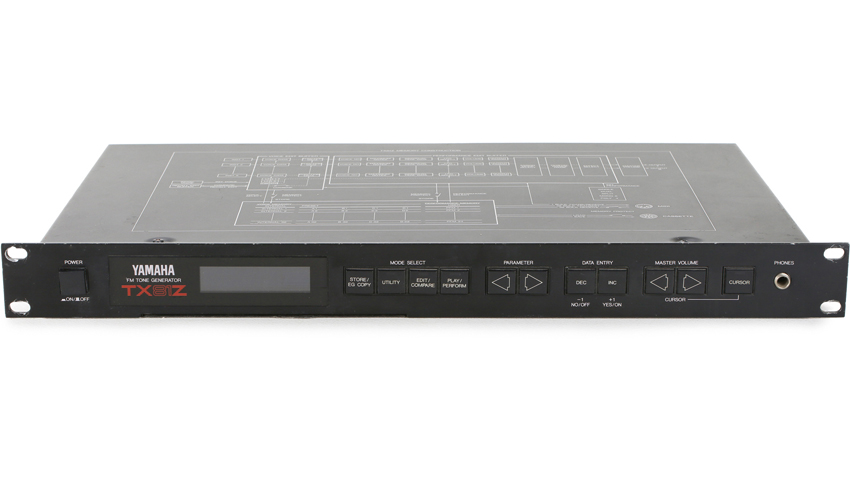
Really, we’re not sure why the original DX7 commands such big money second hand. Like the D-50, it sold by the bucketload after its launch in 1983 – so it’s not exactly rare – and it was also a pain to program (unless you were Brian Eno). However it has become a classic synth, so prices have steadily risen above £600. Luckily there are alternatives and secondhand bargains out there.
You can pick up various DX relatives – like the DX21 (£150-£300), DX100 (£400) and DX27 (£250-£350) – which all offer admittedly cut-down options of DX loveliness, but for much less cash. But perhaps the best DX-a-like bargain is the Yamaha TX81Z which gives you a lot of classic DX sounds for around £200. Don’t bother looking for a DX1 though. One of these synths went up for sale for an eye-watering €149,000 earlier this year. We’ll take a house instead, thanks.
5. What you can't afford: Korg Polysix
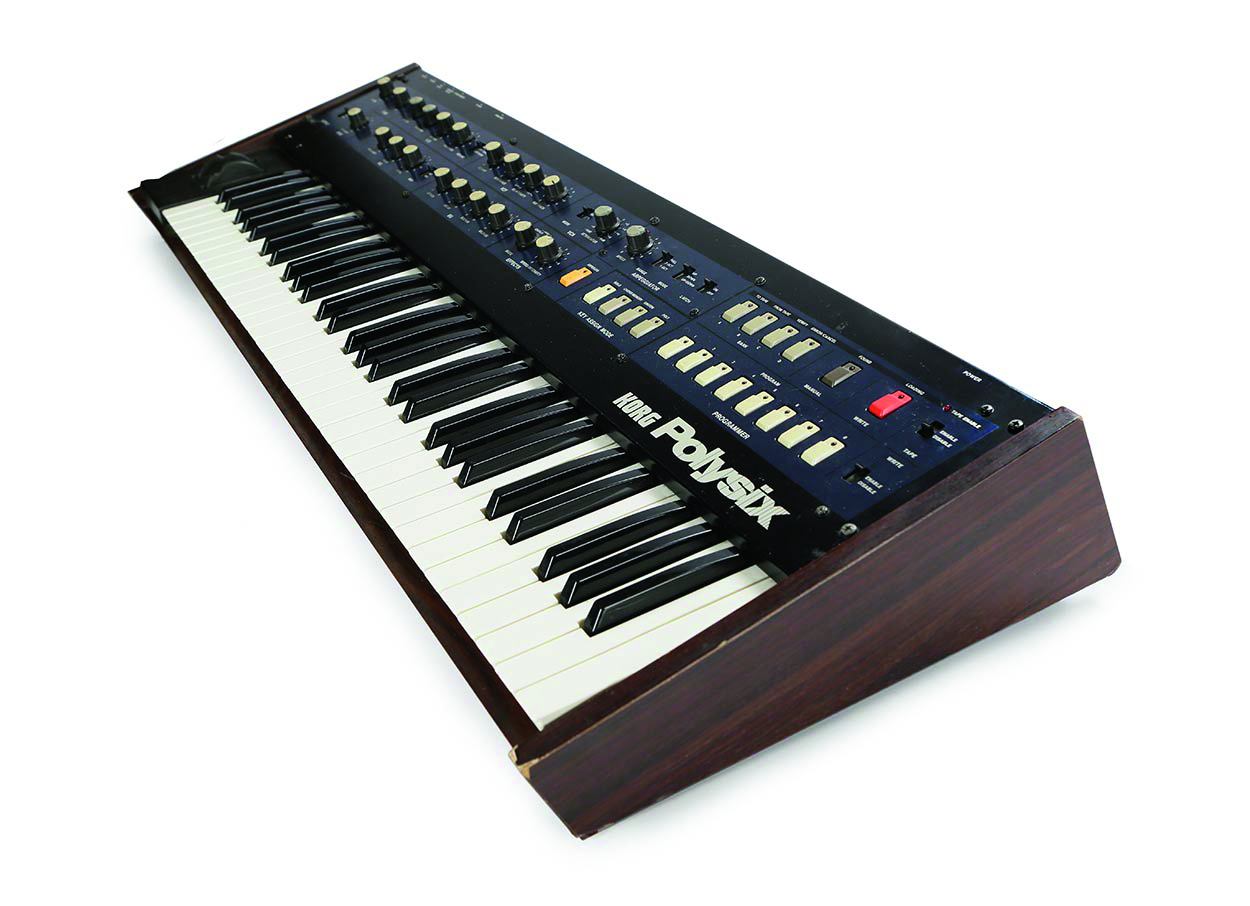
What you can: Korg Poly-61
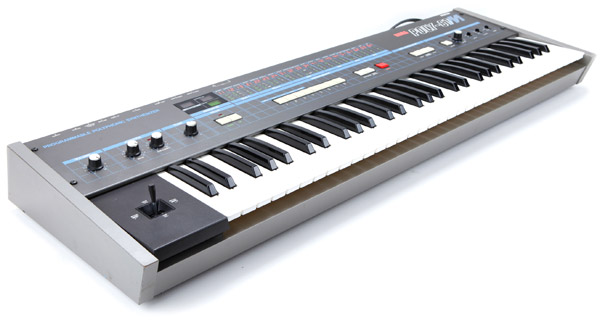
Back in 1981, presets and polyphony in synthesisers were largely the stuff of dreams or required huge wallets, so Korg’s Polysix – boasting 32 sounds, a mighty six notes of polyphony and a sub £900 asking price – was a sure-fire hit. ‘How do we follow that?’ Korg must have thought, but rather than simply tweak its winning formula, they released the Korg Poly-61.
This featured digitally controlled oscillators and the same great sound as the Polysix, so in many ways it was an improvement. However, it lacked most of Polysix’s pure analogue controls, replacing them with a much less welcome button-pushing setup.
The prices for both synths are therefore markedly different secondhand with the Poly-61 starting at £600 and Polysix often selling for nigh on three times that price. Get yourself a 61 with MIDI and maybe a decent controller and you could land a great-sounding ’80s synth bargain.
6. What you can't afford: Oberheim Matrix 12
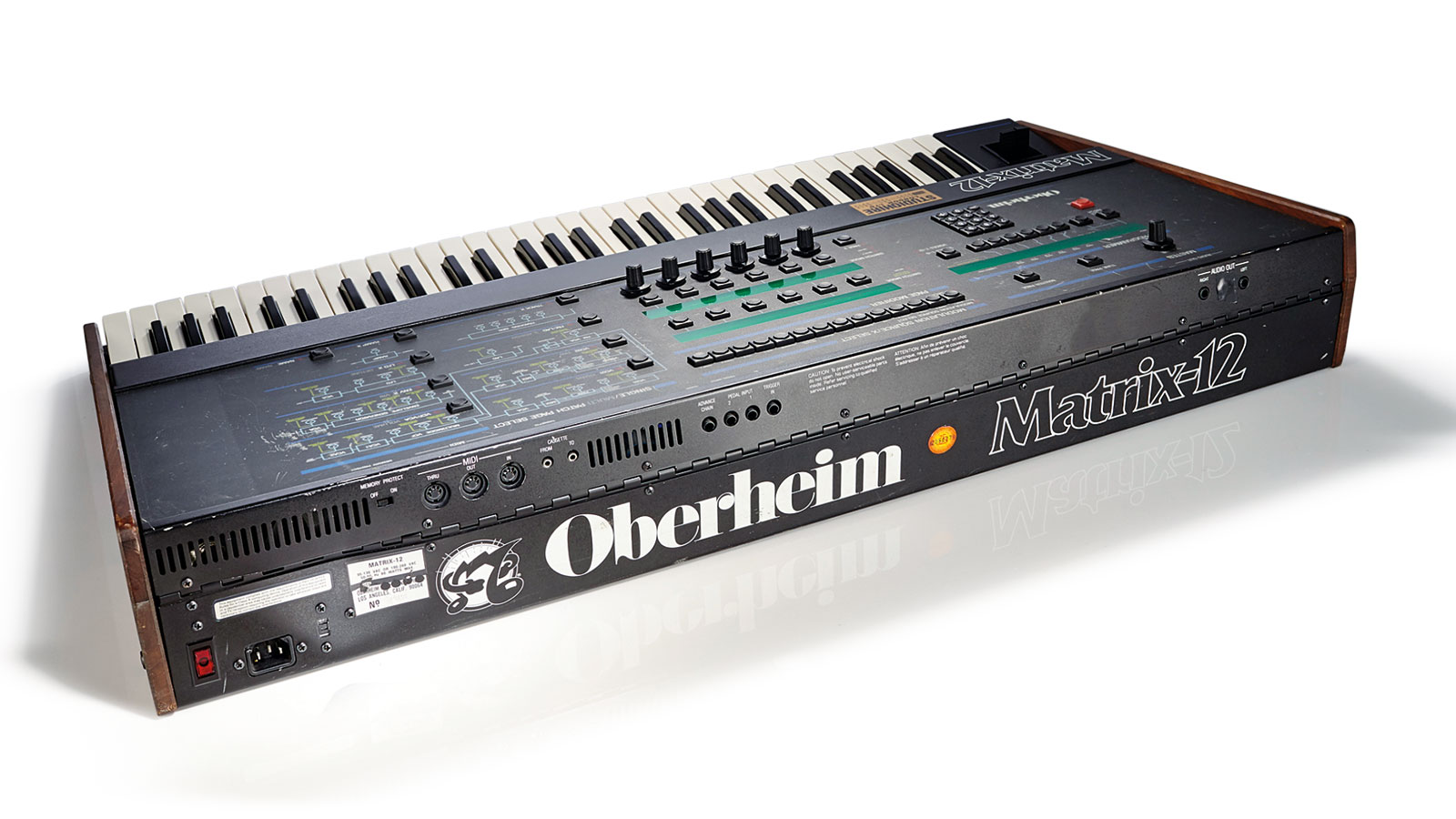
What you can: An Oberheim rack synth

An original Oberheim Matrix 12 – an analogue monster synth from the ’80s – costs around £18-£25000 on Reverb. Even the 6-voice version, the Xpander, is commanding the best part of £6k.
However, there are alternative ways to get an Oberheim sound for less, and we’re not just talking about the new OB-X8 (a relative snip at just over £4k!). For real Oberheim bargains you’ve really got to look at the modules from the late ’80s.
The Matrix 6R is not, despite its name, a six-voice version of the 12 but it can be bought for less than £1000. Then there’s the Matrix 1000 (also starting at less than a grand) which is the same architecture as the 6 and 6R but has it all crammed into a curious but equally great-sounding 1U rack module.
It can be programmed via software but think of it more as an Oberheim preset player. You get a thousand of them, mind, so that’s a pound for each classic Oberheim sound. Bargain!


Future Music is the number one magazine for today's producers. Packed with technique and technology we'll help you make great new music. All-access artist interviews, in-depth gear reviews, essential production tutorials and much more. Every marvellous monthly edition features reliable reviews of the latest and greatest hardware and software technology and techniques, unparalleled advice, in-depth interviews, sensational free samples and so much more to improve the experience and outcome of your music-making.
